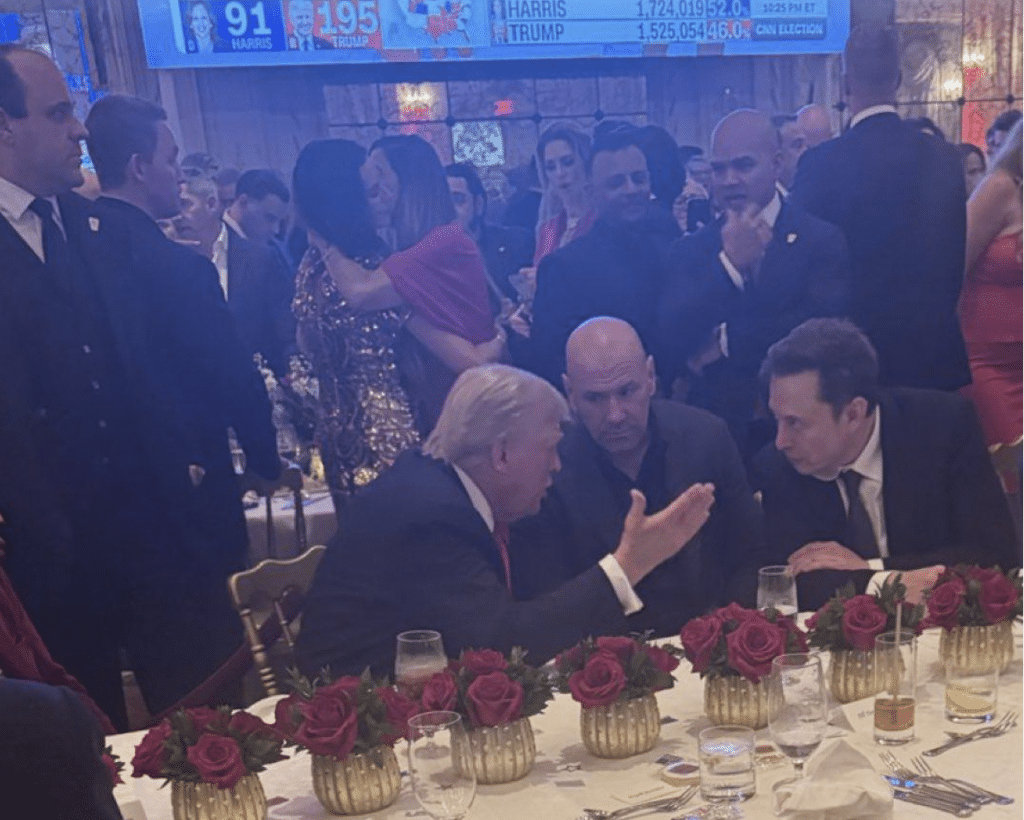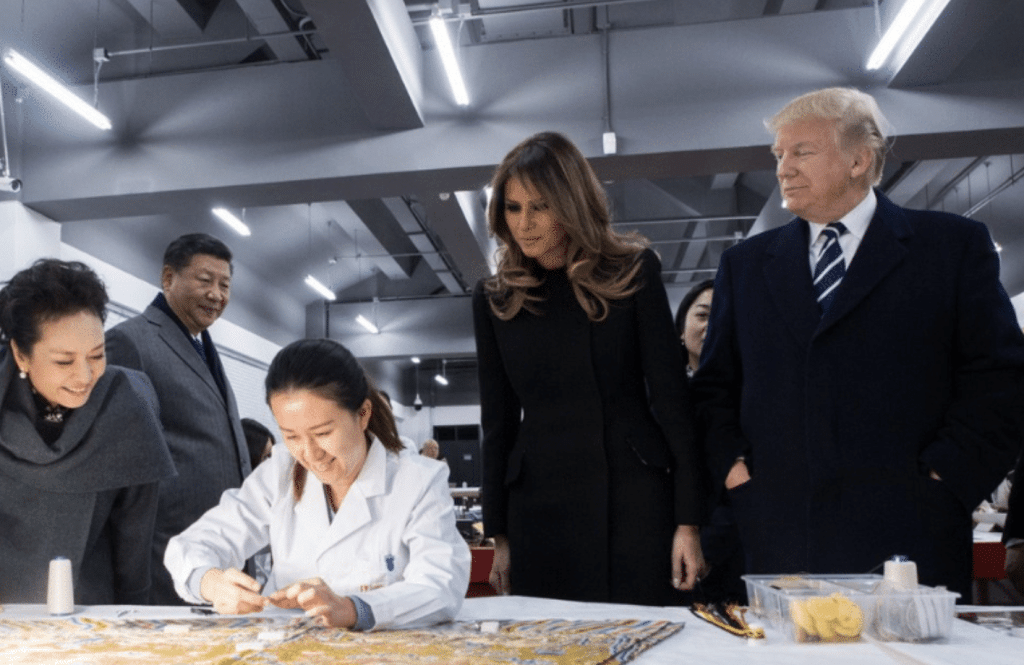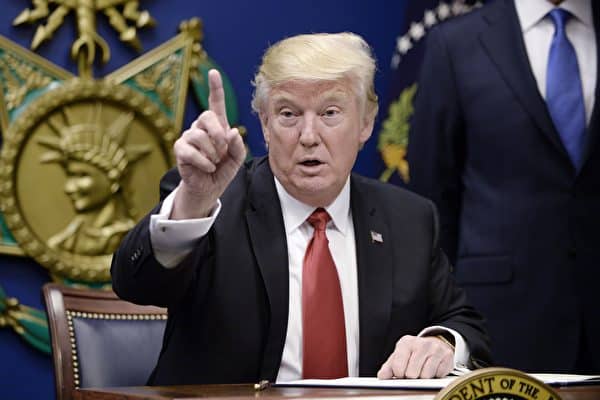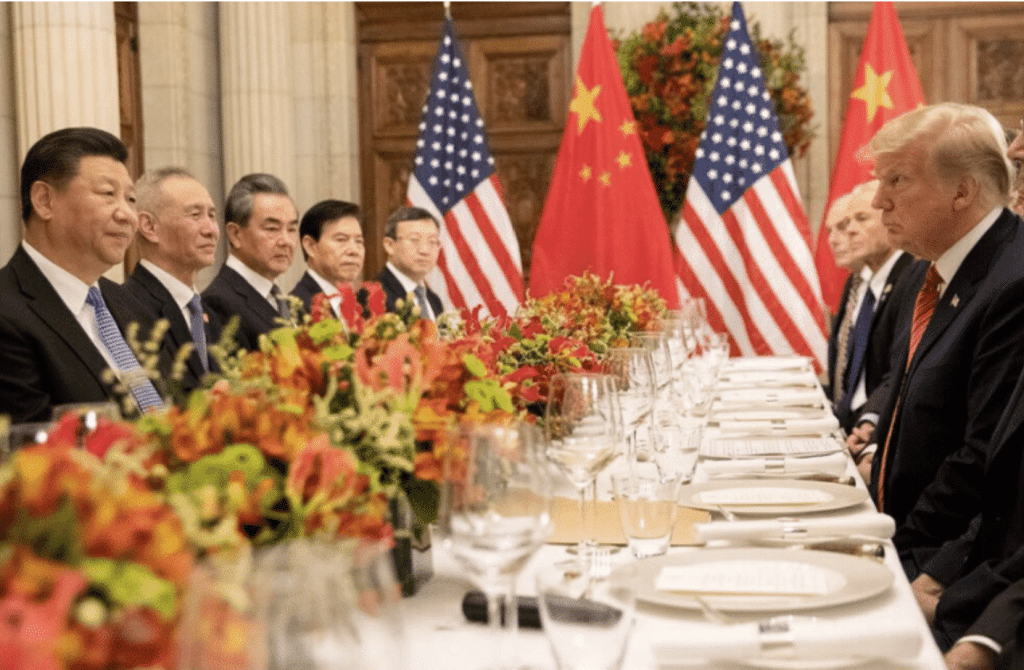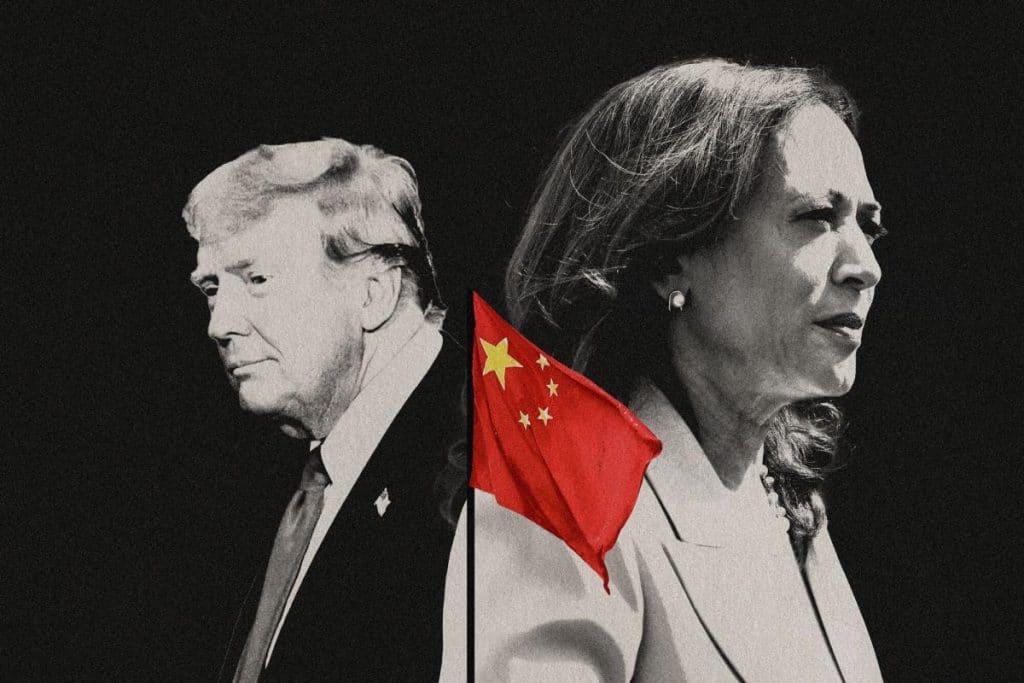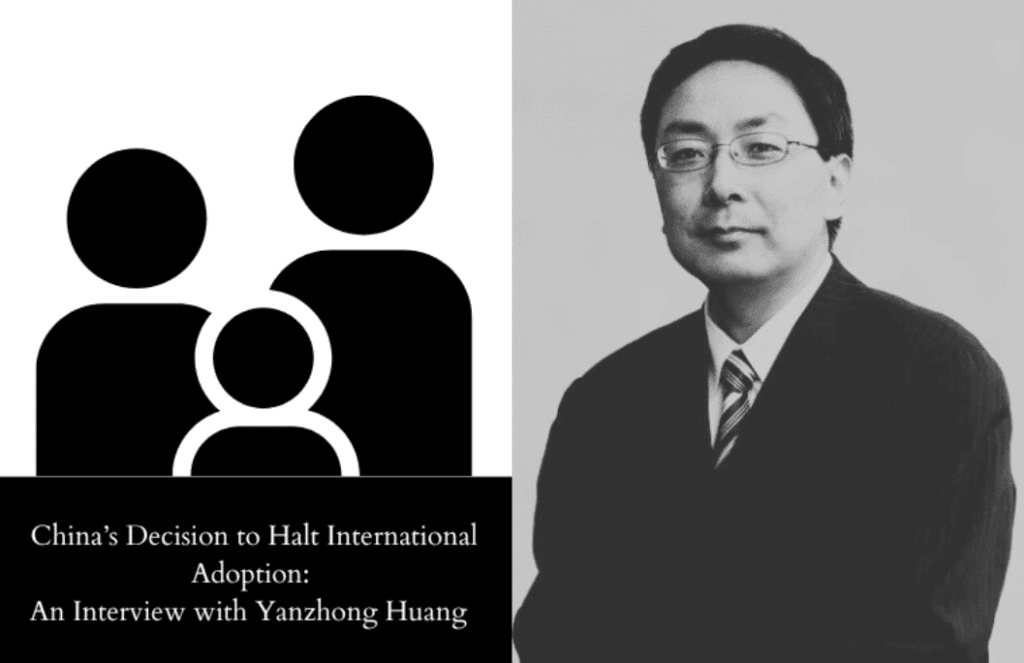Mike Pompeo talks about China in interview with the Hill
作者:Mike Pompeo 来源:美国国务院网站
Secretary Michael R. Pompeo With Bob Cusack, Editor-in-Chief of The Hill INTERVIEW, WASHINGTON, D.C. JULY 15, 2020 (excepts)
QUESTION:
Thanks, Jimmy and Steve, and thank you, Mr. Secretary, for joining us. I
want to jump into the news. Just recently, Mr. Secretary, you said that
the U.S. may ban TikTok and other Chinese apps. Is there going to be a decision
on that this summer?
SECRETARY POMPEO: Well, Bob, thanks. First of all, thanks for having me on here as well. Jimmy, thanks for that very, very generous introduction. Yeah, I made a comment about TikTok. We’ve got to go back to first principles. The mission set is to protect American national security, and in this case, the information of American citizens. And so whether it’s TikTok or any of the other Chinese communications platforms, apps, infrastructure, this administration has taken seriously the requirement to protect the American people from having their information end up in the hands of the Chinese Communist Party.
And so we are working through a process where all the relevant agencies and the private sector are getting to say their piece. We hope to have a set of decisions shortly which will reflect this central understanding. We’ve been working on ZTE. We’ve been working on Huawei. We’re pleased to see the United Kingdom make its announcement that it’s going to pull out Huawei technology from its telecom infrastructure. We’ve watched telecom companies all across the world, from Orange and others, to say no, we understand. We want to make sure that our data flows only across trusted vendors. That’s the mission set, and that’s certainly the mission set when it comes to applications that our kids may be touching.
When I made those remarks (inaudible) I got lots of notes from mothers saying, “Please, please take it away, make it go away.” That’s for the parents to decide their kids’ usage on their cell phones. It’s our task to make sure that their children’s information doesn’t end up in the hands of the Chinese Communist Party.
QUESTION: Mr. Secretary, you and others have said that Russia did meddle in the 2016 election. You faulted the Obama administration for not doing more back then. Is Russia meddling in the 2020 election? And if so, are you being successful in stopping it?
SECRETARY POMPEO: Yes, I’m confident that many countries will do their level best to have an impact on our election. This isn’t new. I was reading a book the other night talking about Senator Kennedy dealing with this issue back when he was running for president. Foreign efforts to interfere in American elections are something that we constantly must contend with. We’ll contend with that here. We did a good job in 2018 during the midterm elections. I’m very hopeful we’ll do a really good job. I have seen the work that’s gone in largely from the Department of Homeland Security, a little bit of work done by the State Department as well, to make sure that our foreign counterparts understand the costs that will be imposed if they choose to engage in malign activity related to our election.
I think the American people should rest assured that whether it’s threats of Chinese interference, Iranian interference, Russian interference, or North Korean interference, any country, or even non-state actors who now have capabilities to try to meddle in our elections, know that this administration takes seriously its responsibility to make sure every American’s vote is counted, counted properly, and that foreign influence is minimized in its ability to impact an outcome of an American election. I am confident we’ll achieve that successfully.
SECRETARY POMPEO: We talked about the global mission set to secure American freedom. If you’d asked me what the biggest challenge is going to be for the second term from a national security perspective, it’s certainly going to be the Chinese Communist Party. It’s something that we have been focused on since the beginning of the Trump administration. It’s something that the previous administration allowed us to get just rolled by them in every dimension, whether it was intellectual property theft that they allowed to go on, whether it was the massively unfair trade relationship we had, whether it was China’s advancement in the South China Sea. The previous administration simply refused to take the actions necessary to secure freedom for the American people from the threat that the Chinese Communist Party presents, and President Trump has told our team we need to do everything we can to preserve that freedom and push back to make sure we have a fair and reciprocal set of relationships with the Chinese Communist Party.
QUESTION: On China, it is a tense time with the South China Sea, Hong Kong, conflict there. What is the status of the U.S.-China relationship?
SECRETARY POMPEO: We’re engaged in dialogue. I traveled to Honolulu now two, three weeks back to meet with Yang Jiechi. But sadly, they want to talk about cooperation, they want to talk about being a global power that complies with the rule of law, and yet everyplace we see their actions, their actions belie that. Examples: General Secretary Xi promised he would not militarize the South China Sea in 2015, in the Rose Garden. He militarized the South China Sea. They made a promise, a 50-year commitment, an internationally recognized agreement between China and the United Kingdom in Hong Kong, that there would be one country and two systems, and he’s now fundamentally violated that.
Everyplace the Chinese Communist Party – they make commitments under the Paris Climate Accord that they’re not remotely close to complying with. This is a Chinese Communist Party that is acting in a way that poses real threats to the world, and the United States is going to respond each – in each of those venues to make sure that we preserve American national security and impose costs on the Chinese Communist Party in order to achieve the change in behavior that will have a good outcome. So we want a free and open Indo-Pacific; the Chinese Communist Party continues to treat that body of water as its own maritime empire. We’re not going to allow that to happen.
QUESTION: There is bipartisan legislation in the House and the Senate that would give certain Hong Kong residents refugee status. Is that legislation a good idea?
SECRETARY POMPEO: The President hasn’t made a decision on this yet. I’m very confident that if there are people who are coming from anywhere in the world who seek asylum, the United States has always been a place that welcomes those people. We – it’s been a little bit slower, fewer people seeking asylum, and our capacity to process asylum claims has been a little slowed down by the virus that emanated from China. We’ll be back at it shortly, and I’m sure there’ll be people from Hong Kong – the United Kingdom has graciously allowed some 3 million people to come from Hong Kong. Australia has set up a set of rules, Canada too. The Western world – democracies understand what the Chinese Communist Party is doing to those of us who believe in freedom and liberty, and we will make sure and take care of those freedom fighters who want to travel, who don’t feel like they’re safe, and can continue to do good work inside of Hong Kong or in any other country for that matter.
QUESTION: On the coronavirus, how sure are you that it originated from a lab in Wuhan, and what is the proof of that?
SECRETARY POMPEO: Yeah, so what I can say is that we know this much: We know that it began in Wuhan, China. The scientific community is quite confident of that. We don’t know precisely from where it emanated. As I’ve said before, there’s evidence that it came from a laboratory. We’ve seen other people who have said that it came from other places. And finally, we know this: The Chinese Communist Party has prevented anyone from finding out the answer to that question. They denied access to the laboratory, they’ve – to the World Health Organization, anyone who wanted to talk about it who was inside of that laboratory, whether they were a journalist or a doctor, has been precluded from talking about that. They’ve either been told they can’t talk or worse. And indeed, the scientific community who desperately needs still to figure out where patient zero came from has been unable to get that information. This is a result of the Chinese Communist Party hiding the data.
Bob, you know this. Countries that want to be global powers, countries that want to participate on the global stage, have a corresponding obligation to comply to the promises they make. China made a promise to the World Health Organization. There’s a set of rules about disclosure, and when you have an incident in your country that could potentially lead to a pandemic, you have an obligation to report that and to allow others to come in and help you be transparent about it. The Chinese Communist Party chose differently. They co-opted the World Health Organization to achieve that coverup, and the result today is that we have hundreds of thousands of people who have died and trillions of dollars in global damage as a direct result of the Chinese Communist Party’s decision that resulted following their knowledge about what was happening in Wuhan.
QUESTION: Should China pay a price for that, financially or otherwise?
SECRETARY POMPEO: I think the world will absolutely make them pay a price. You can see it. Everyplace I go, every foreign minister that I talk to, they recognize what China has done to the world, and I’m very confident that they will – that the world will look at China differently and engage with them on fundamentally different terms than they did before this catastrophic disaster that could well have been mitigated had China behaved in a way that was consistent with the promises that they had made.
QUESTION: The UK reversed itself on Huawei and 5G. What – was that an intense lobbying campaign that you and others in the U.S. Government did to get them to reverse?
SECRETARY POMPEO: We’ve been working everywhere in the world to make sure that every nation has trusted vendors for their information technology systems. Not just the United Kingdom, but 190 countries – we want every one of them to make sure that their citizens’ data isn’t in the hands of the Chinese Communist Party. We are pleased with the United Kingdom’s decision. We think they came to it after having reviewed the same data that we have seen about the risk of privacy of the facial recognition, data sets, all of that that transits across Huawei’s systems, inevitably being made available to the Chinese Communist Party. They concluded that wasn’t in their nation’s best interest and made the decision you saw this week. We were happy about that outcome because we think it helps the United States as well, because you have Americans that have their information transiting across those systems when they travel to the United Kingdom as well.
来源时间:2020/7/18 发布时间:2020/7/15
旧文章ID:22361


